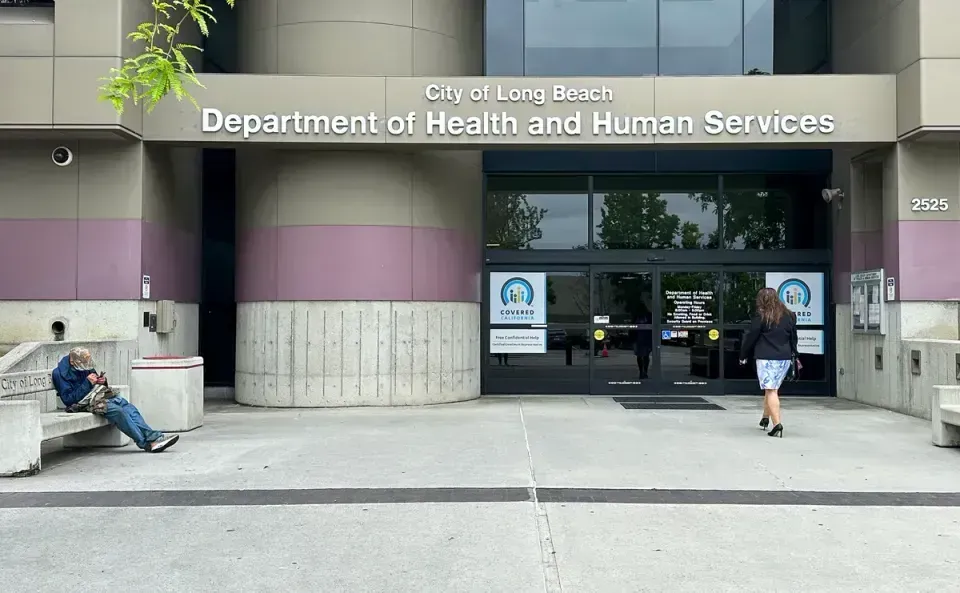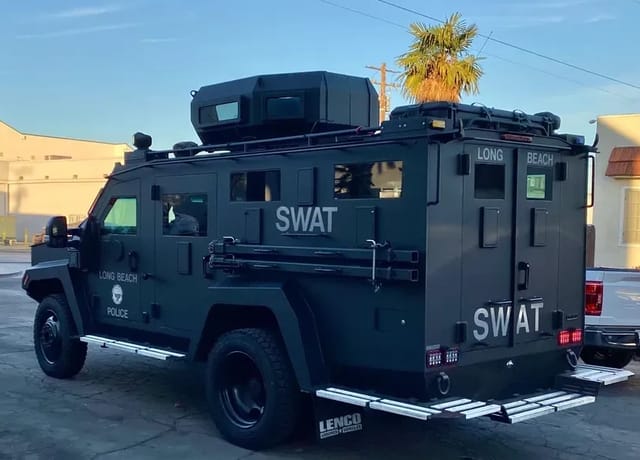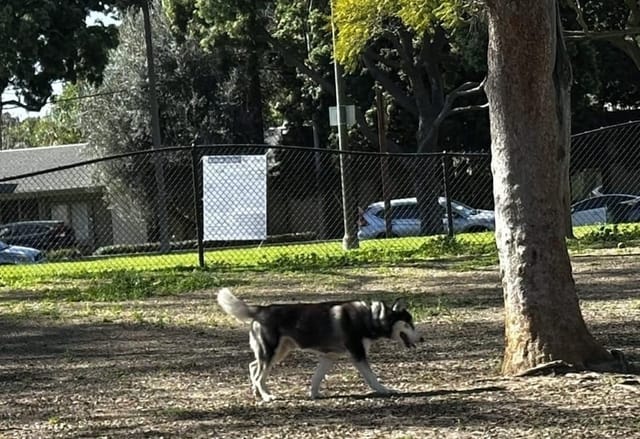Long Beach health officials confirm first case of more serious mpox virus
The risk to the public remains low, but this is the first case in the U.S. without known international travel, officials said.

A Long Beach resident with no recent travel history has tested positive for clade I mpox, a more serious version of the mpox virus that first began circulating in the U.S. three years ago, city health officials announced Tuesday.
Though health officials stress that the risk to the public is low, this represents the first case of clade I mpox (previously known as monkeypox) in Long Beach, and the first in the nation without known international travel.
The infected resident required hospitalization and is now isolating and recovering at home, according to the city's Department of Health and Human Services. City health officials added that they are "conducting a thorough public health investigation" that includes reviewing the person’s possible sources of exposure and are implementing contact tracing procedures.
There are two clades of the mpox virus, clade I and clade II. A clade is a species of organism that includes all descendants of one common ancestor.
Of the two, clade I is generally considered more serious, according to Johns Hopkins University's Bloomberg School of Public Health.
Clade I is "more likely to cause severe illness and death, especially in people who are immunocompromised," while clade II "usually causes less severe illness than clade I, with very few deaths reported in the US," according to a Johns Hopkins fact sheet.
Though there have been more than 40,000 cases of clade I mpox in Central and Eastern Africa, there have only been seven confirmed cases in the U.S., according to the Centers for Disease Control.
Prior to the case just confirmed in Long Beach, all previous clade I mpox cases in the U.S. were found in people who had recently traveled to affected areas of Africa, according to the CDC.
The outbreak of mpox in the U.S. that began in 2022 and is still circulating in low levels was from the clade II virus, CDC officials said. The majority of these cases are in people who did not receive the JYNNEOS vaccine, which is used to protect against mpox, according to the CDC.
Including the case announced Tuesday, there have been seven confirmed cases of mpox (both clades) in Long Beach in 2025, city health officials said.
Mpox typically spreads person to person through direct contact with body fluids or lesions, or by coming into contact with contaminated materials like clothing or linens, and through respiratory droplets through prolonged face-to-face contact, according to city health officials.
Both mpox clade viruses have the same symptoms, according to the World Health Organization: skin rash or mucosal lesions, which can last two to four weeks, fever, headache, muscle aches, back pain, low energy and swollen lymph nodes. When patients receive supportive care, the death rate is very low at around 1%, according to the CDC.
The JYNNEOS vaccine provides protection against both clades of mpox, according to city officials. The vaccine is available at local pharmacies, and city officials are asking residents who want the vaccine to call ahead to confirm availability or use the statewide mpox vaccine locator at EmpoweredAgainstMpox.com to find a provider.
Long Beach Mayor Rex Richardson said in a statement released Tuesday that the city is "taking this very seriously and ensuring our community and health care partners remain vigilant so we can prevent any more cases.
"This underscores the importance of continued surveillance, early response and vaccination.”
We need your support.
Subcribe to the Watchdog today.
The Long Beach Watchdog is owned by journalists, and paid for by readers like you. If independent, local reporting like the story you just read is important to you, support our work by becoming a subscriber.





